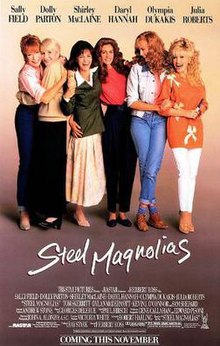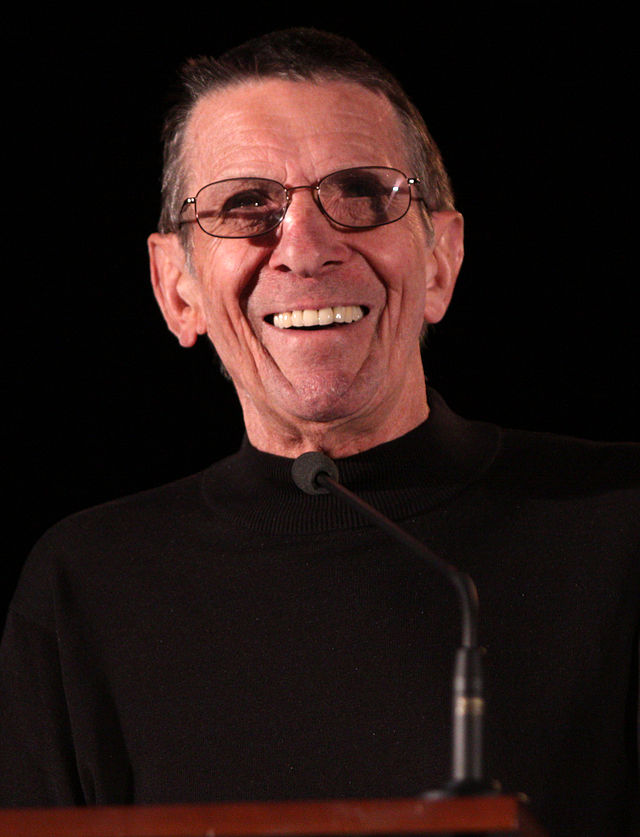Today is a day that’s been a long time coming. The Friend Grief blog is four years old, and
it’s been in need of upgrading for quite some time.
So as of today, I (also) have a new website:
VictoriaNoe.com.
This is a big step in a lot of ways. First of all,
it’s my name, not the subject of my books. It was important to take this step
because my writing has already begun to expand into other areas. That doesn’t
mean it was easy. Putting my name out front – rather than the books – has
intimidated me for a long time.
This fall will see the publication of the sixth and
final book in the Friend Grief
series: Friend Grief and Men: Defying Stereotypes. Next year they will be bundled into one book and released on audio. And
then…well, that announcement is coming soon, too.
I wanted to expand what I offer online to my
readers. So the new website includes a lot of new content:
Reviews
and book group discussion questions for each book
Resource
links specific to each book
A
complete list of my freelance articles and interviews
Sales links to the Friend Grief books as well as My Gutsy Story™ Anthology 2, which
includes a story of my own ("I'm Not Gutsy, But You Are")
I’m not one of those authors who’s intimidated by
speaking in public. So you’ll find a page devoted to public speaking, with presentations
I can bring to your event or class.
On April 29, I’ll send out my first weekly email
newsletter. I don’t want to fill up your in-box unnecessarily, so each one will be
short, sweet and timely. The first 100
people who sign up for it will receive a free pdf of the first chapter of Friend Grief in the Workplace: More Than an
Empty Cubicle, coming out in May.
I have the talented and patient folks at 1106 Design
to thank for their hard work on my new website. I hope you’ll check it out and
find a lot to like.
And have no fear: the Friend Grief blog will continue, with posts of my own, guests, book
and film reviews and more. So feel free to keep checking us out right here.
My thanks to you all who have followed me this far.
I’m not done yet.

















